There is a rapid transformation taking place in the education landscape as immersive
technology improves and becomes more cost-effective. UP360 partnered with Mohawk
College to pioneer new frontiers in education, equipping their students with the skills they
need for the future. Our collaboration focuses on integrating engaging virtual reality
training into Mohawk College's curriculum.
Extensive research has demonstrated that supplementing traditional teaching methods
with immersive experiences yields remarkable results. Students who engage with virtual
reality training consistently demonstrate improved knowledge retention, enhanced job
readiness, and overall skill development. In line with this research, UP360 teamed up with
Mohawk College to design and develop a series of educational virtual reality escape
rooms for three of their programs: Nursing, Math, and LEED (Leadership in Energy &
Environmental Design).
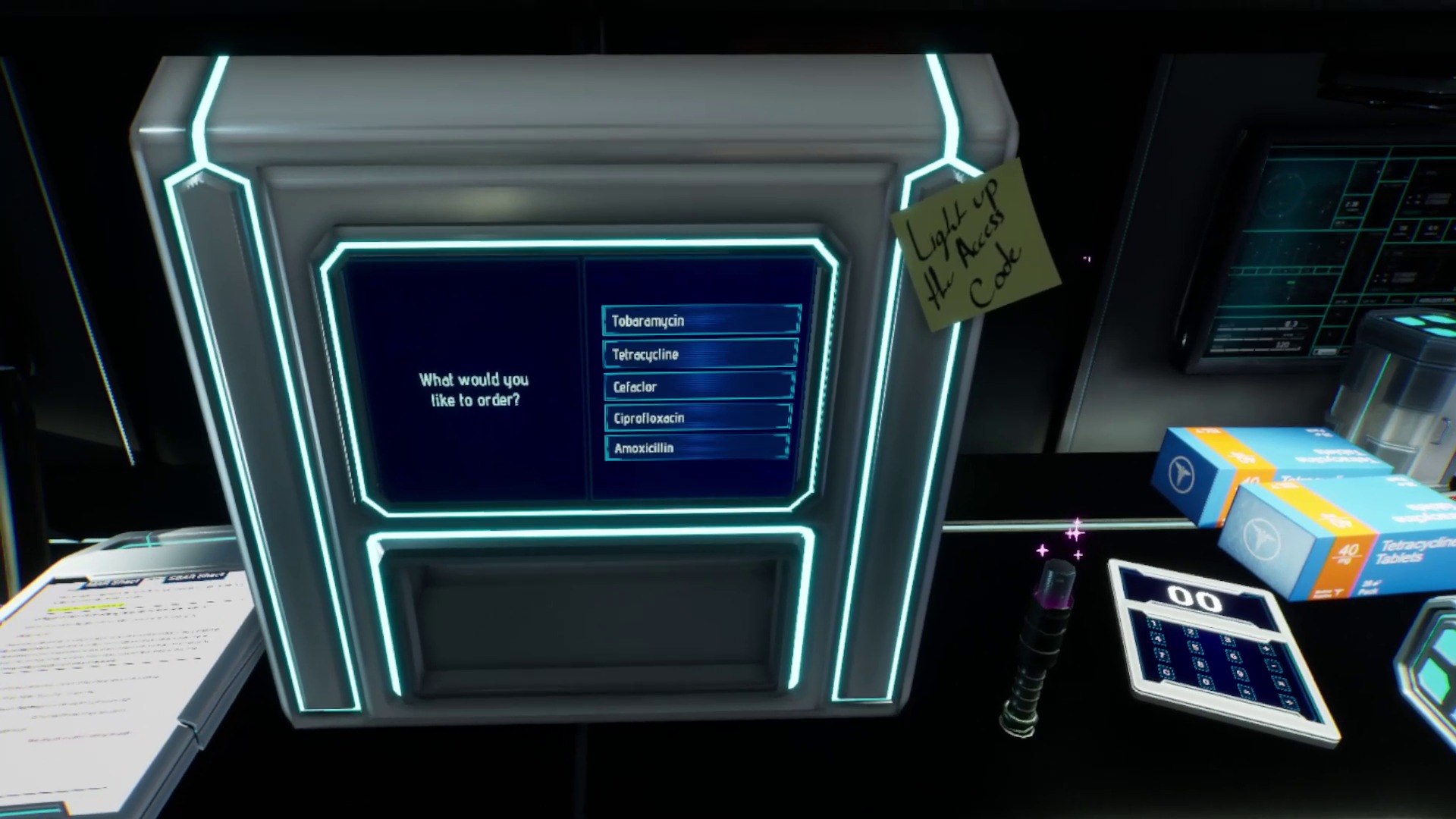
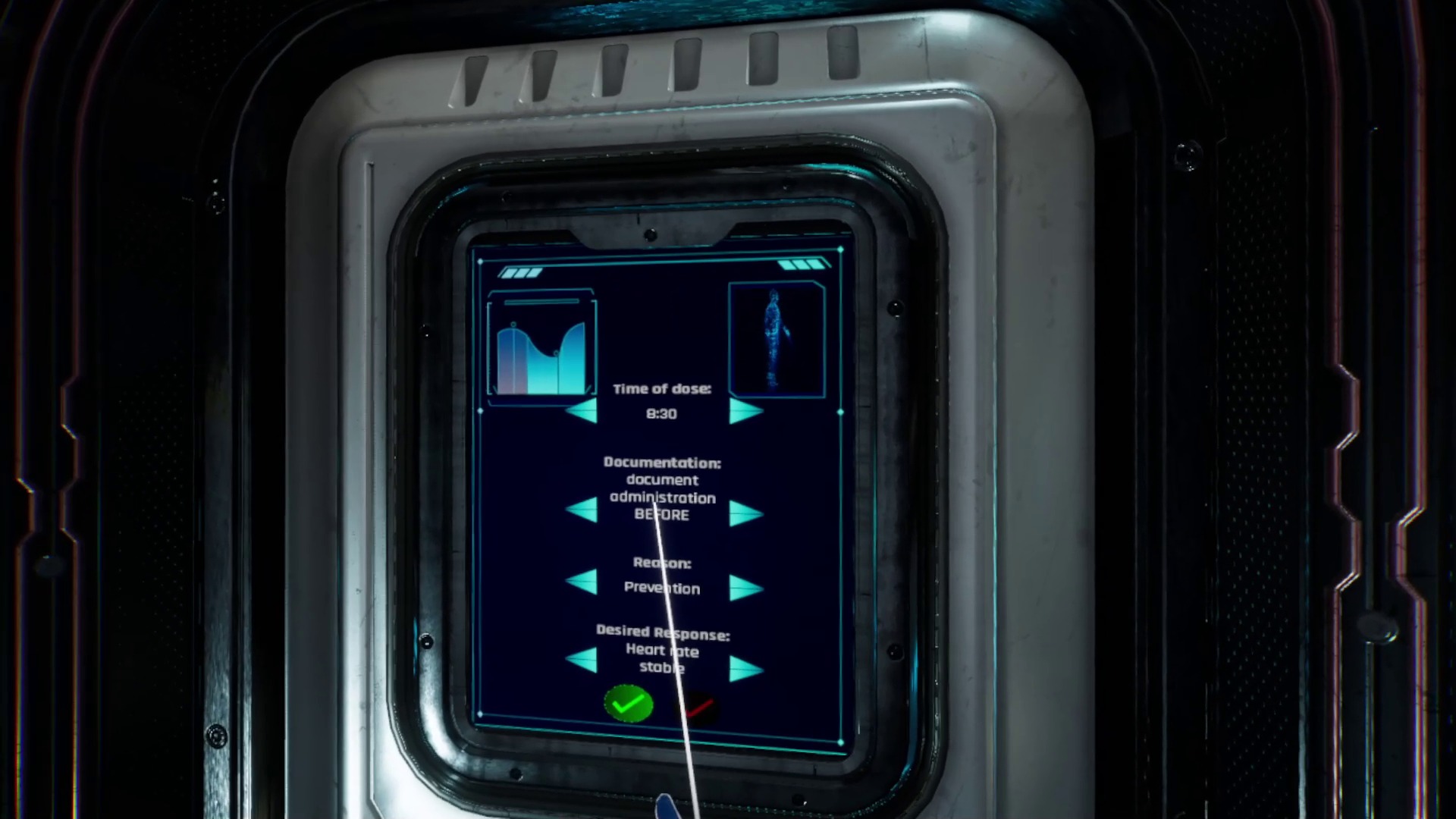
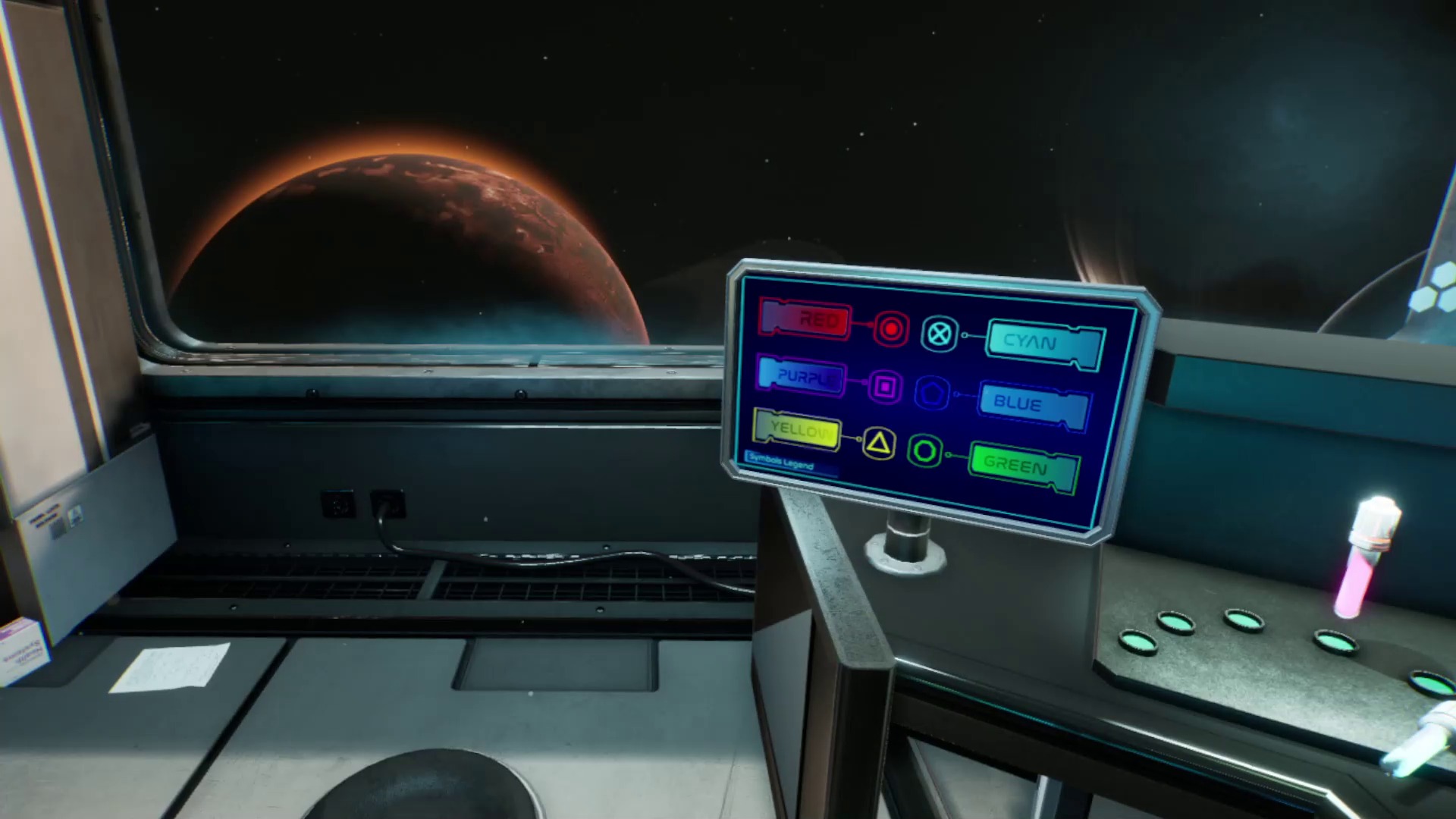

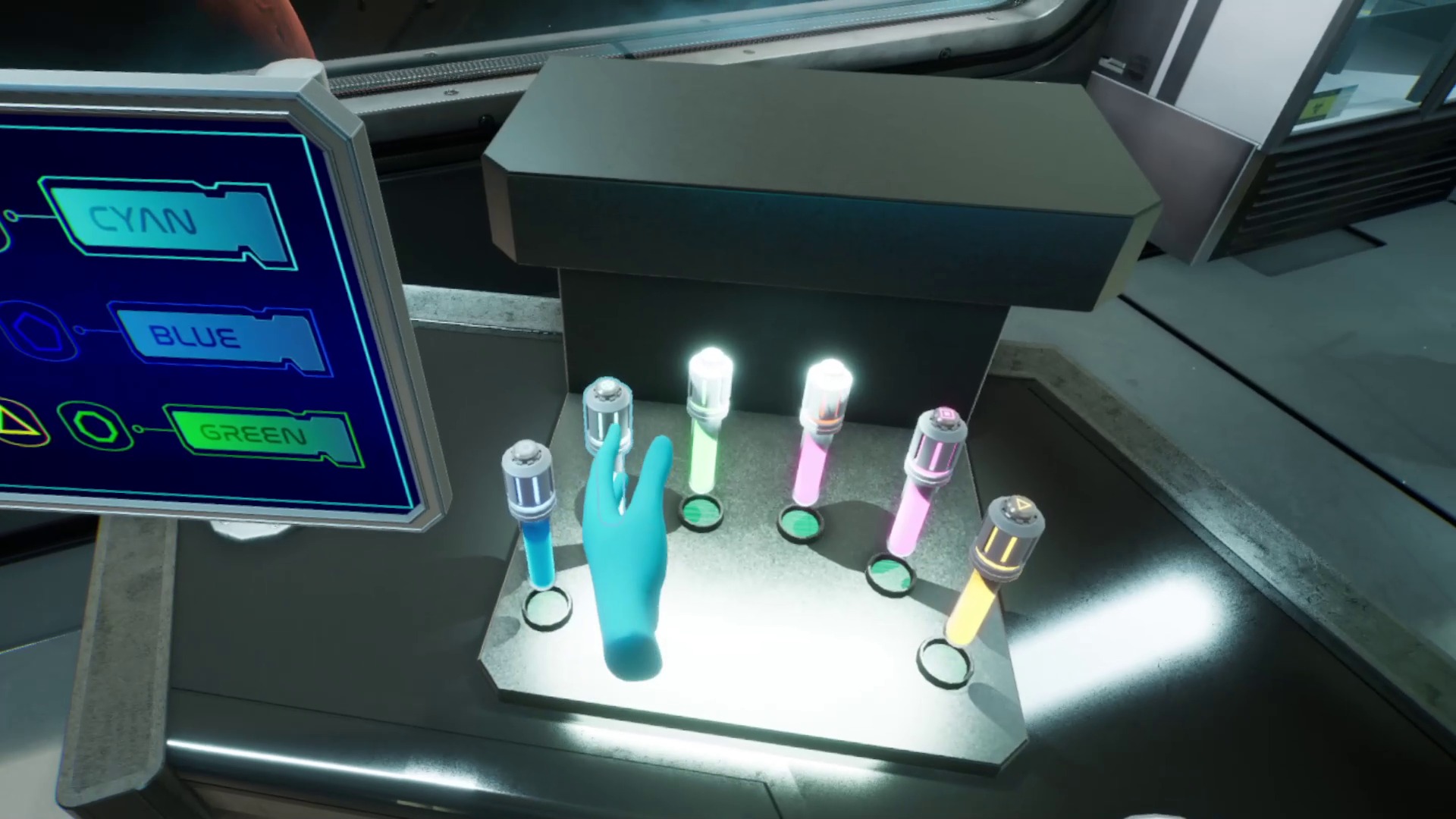
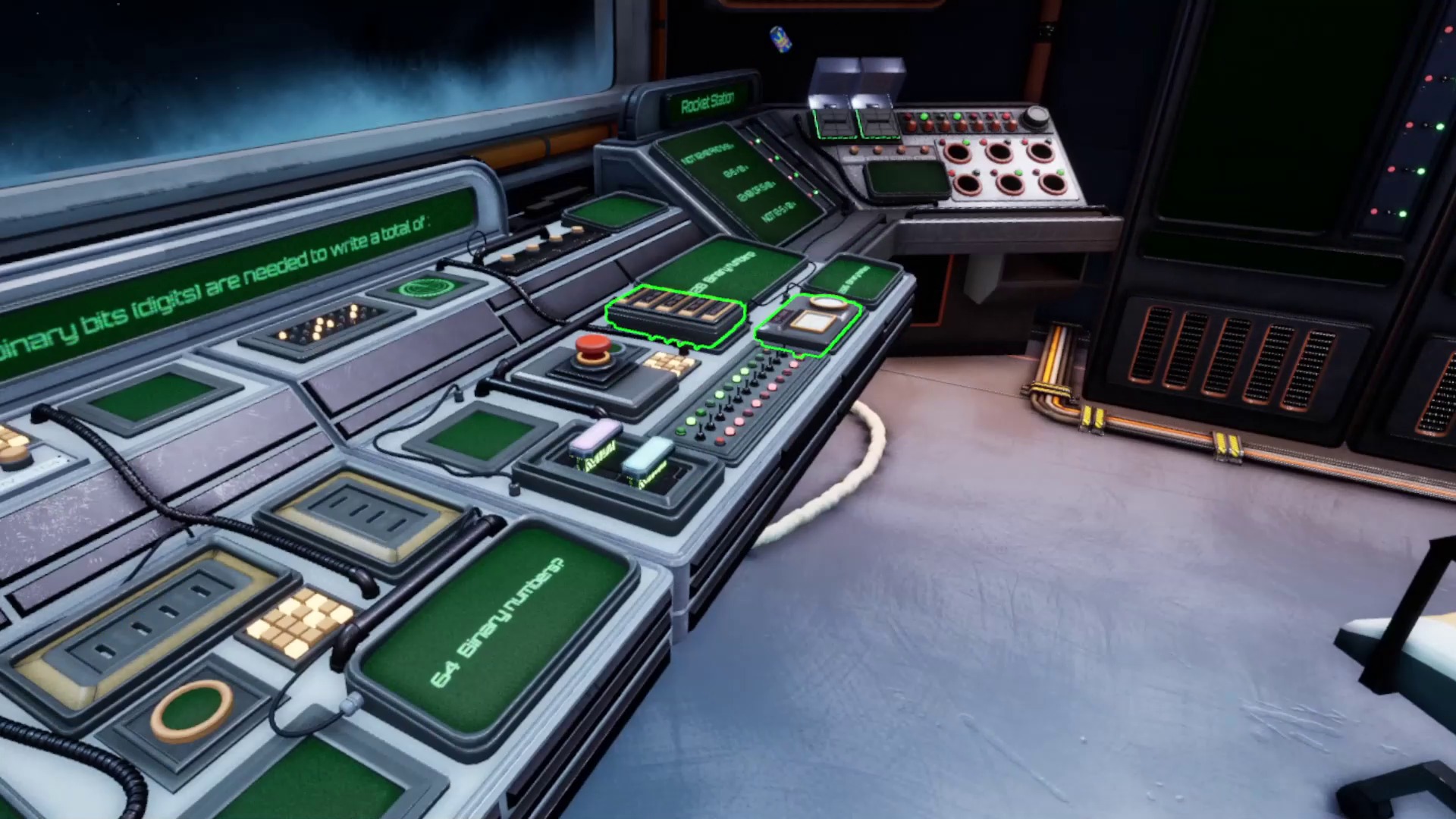
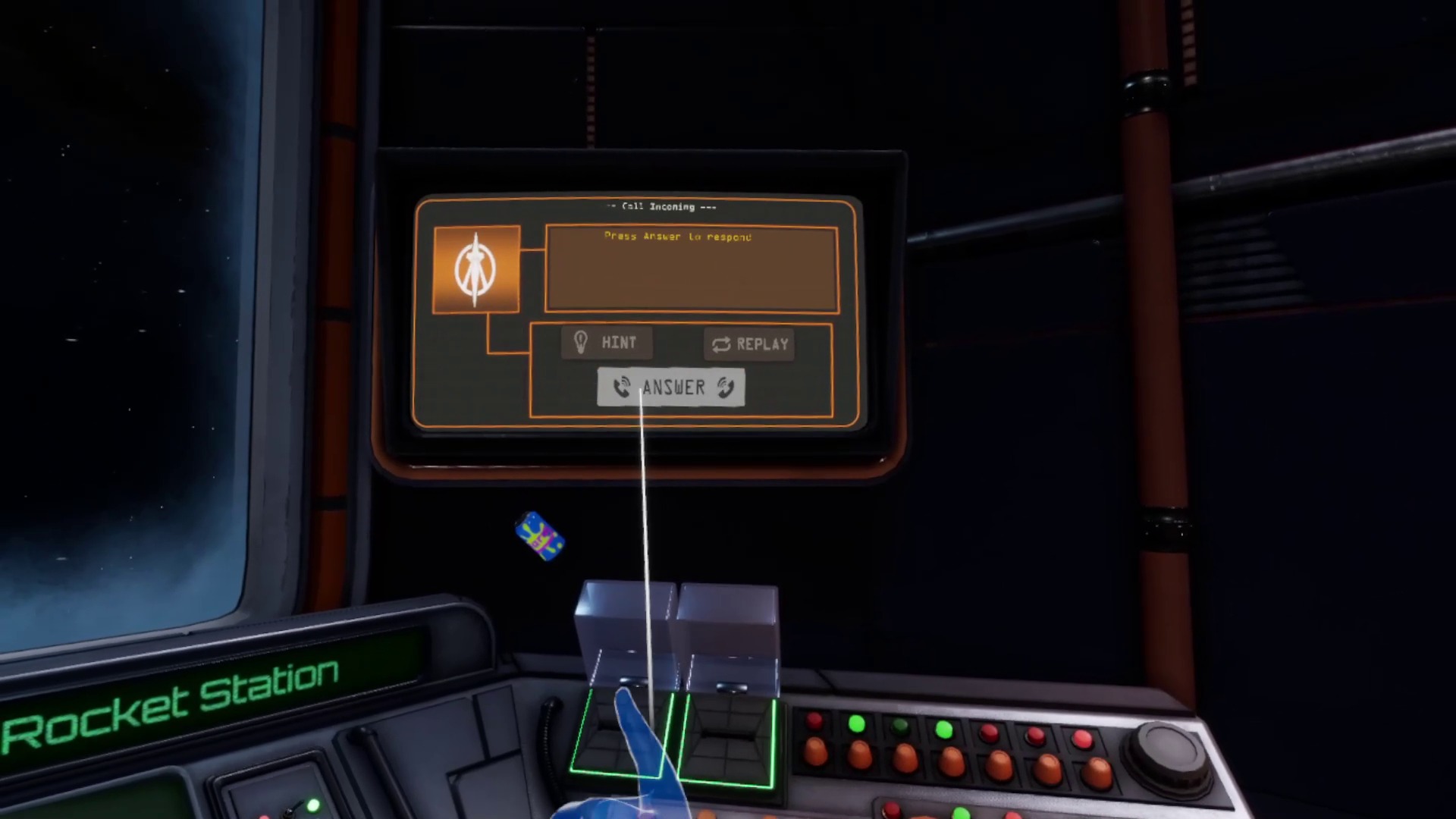
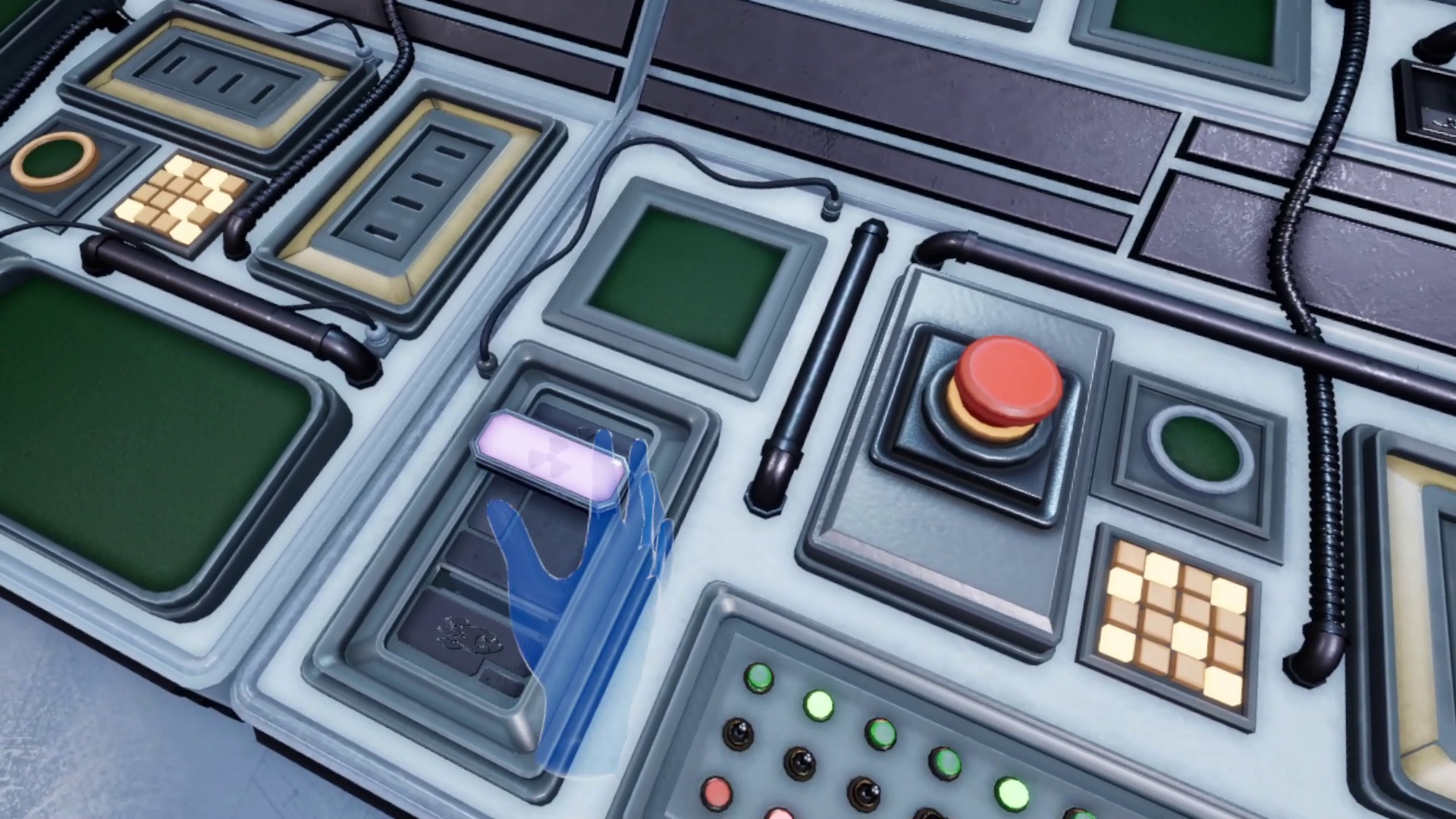
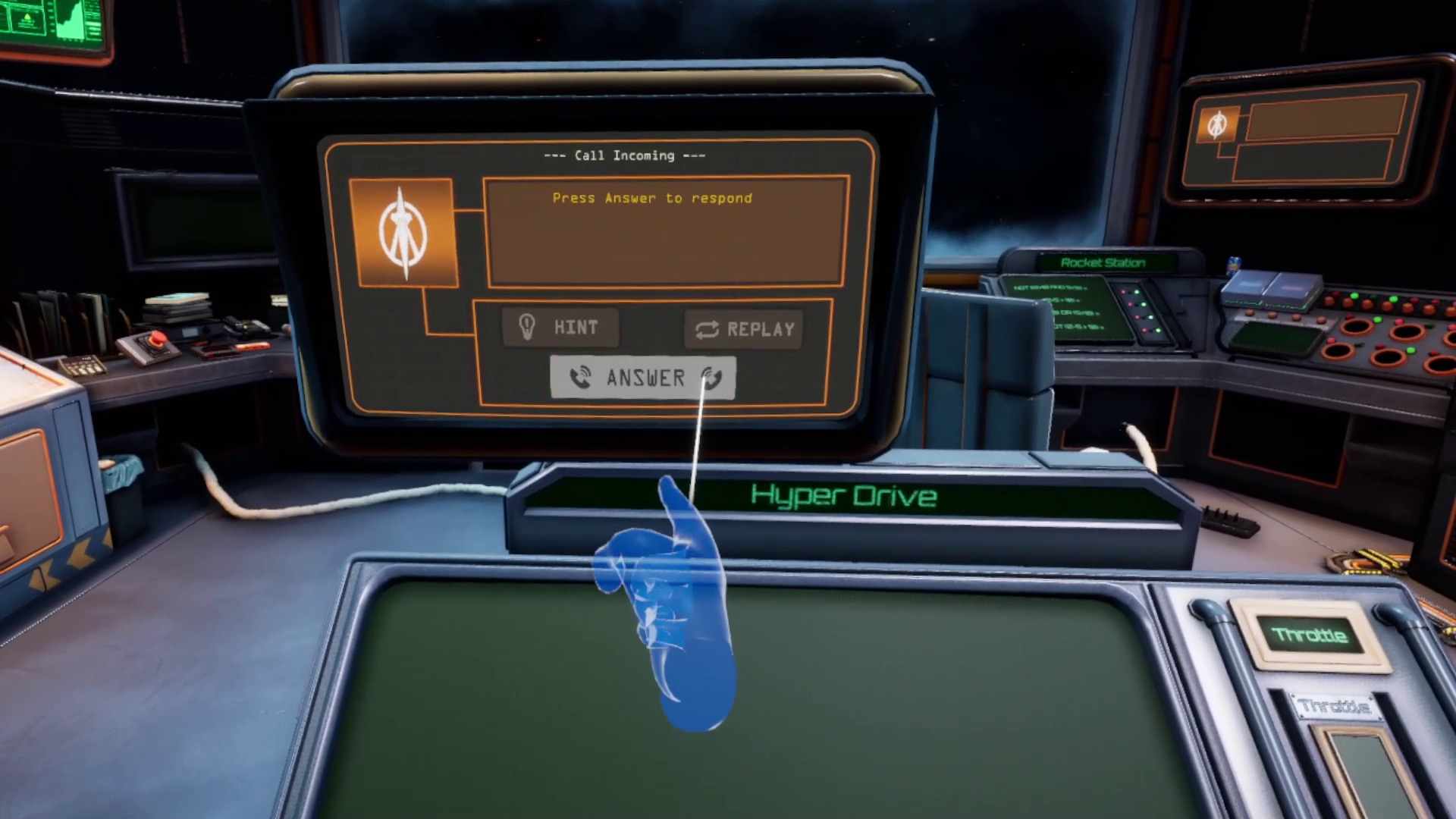
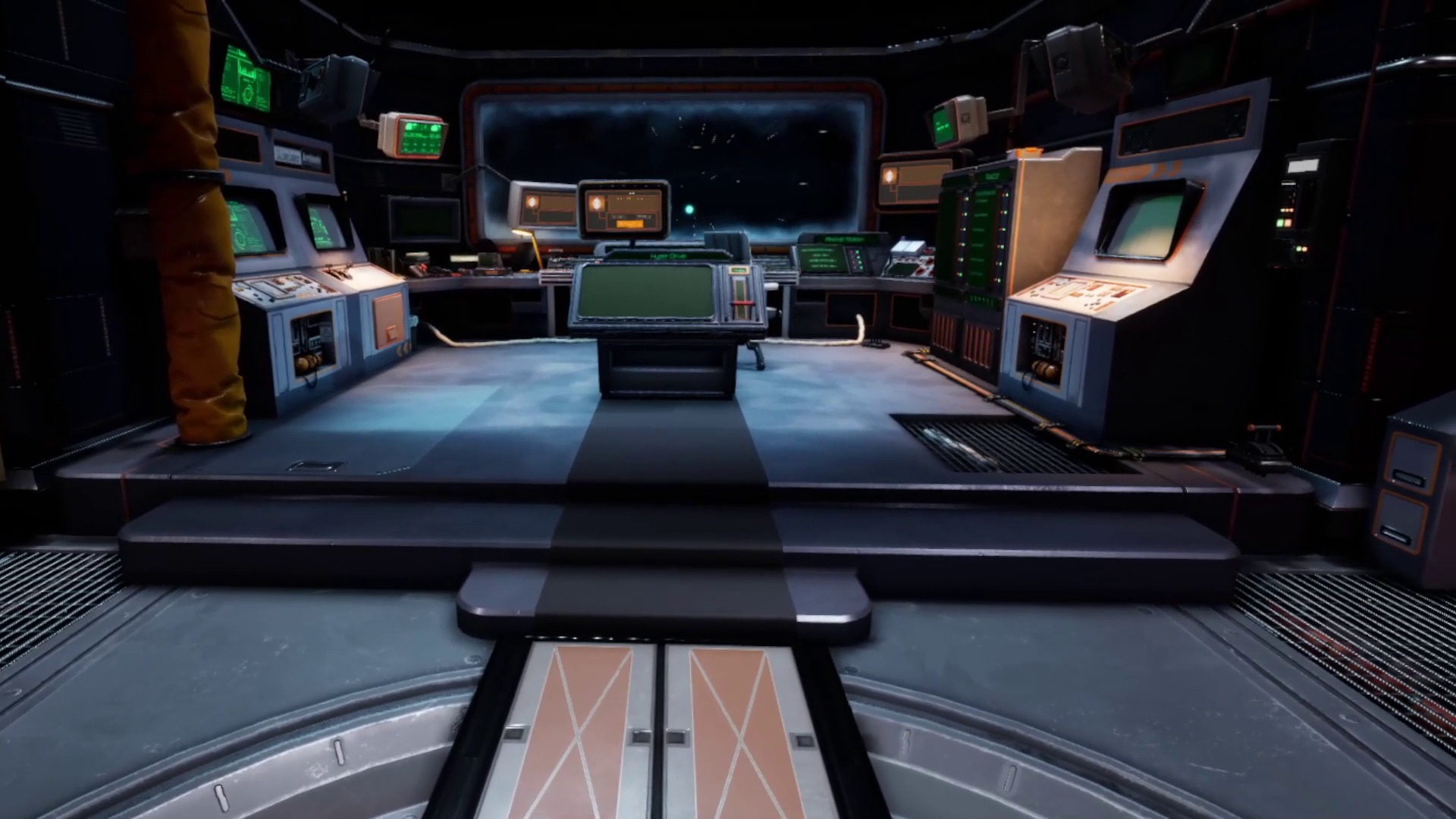
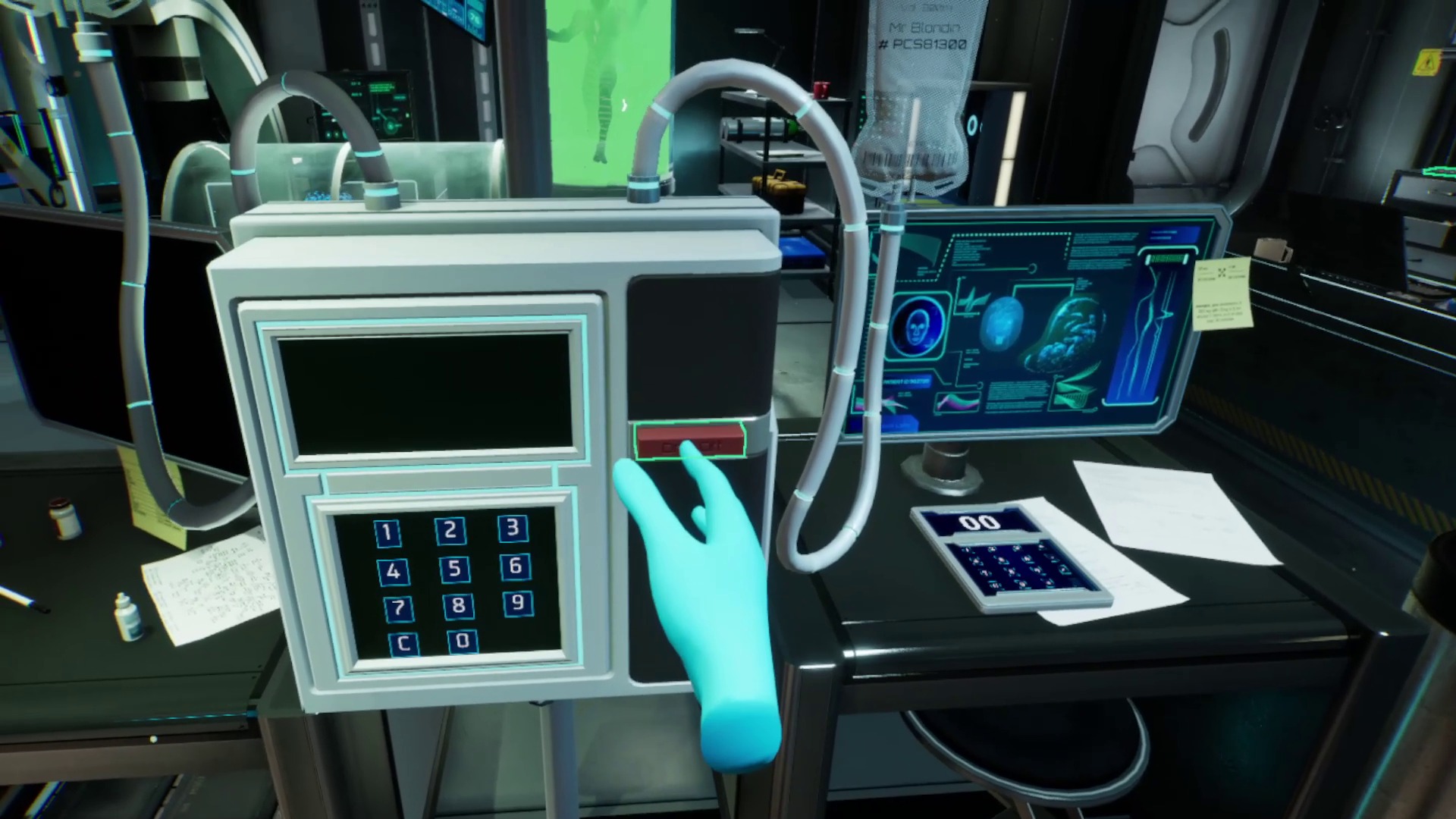
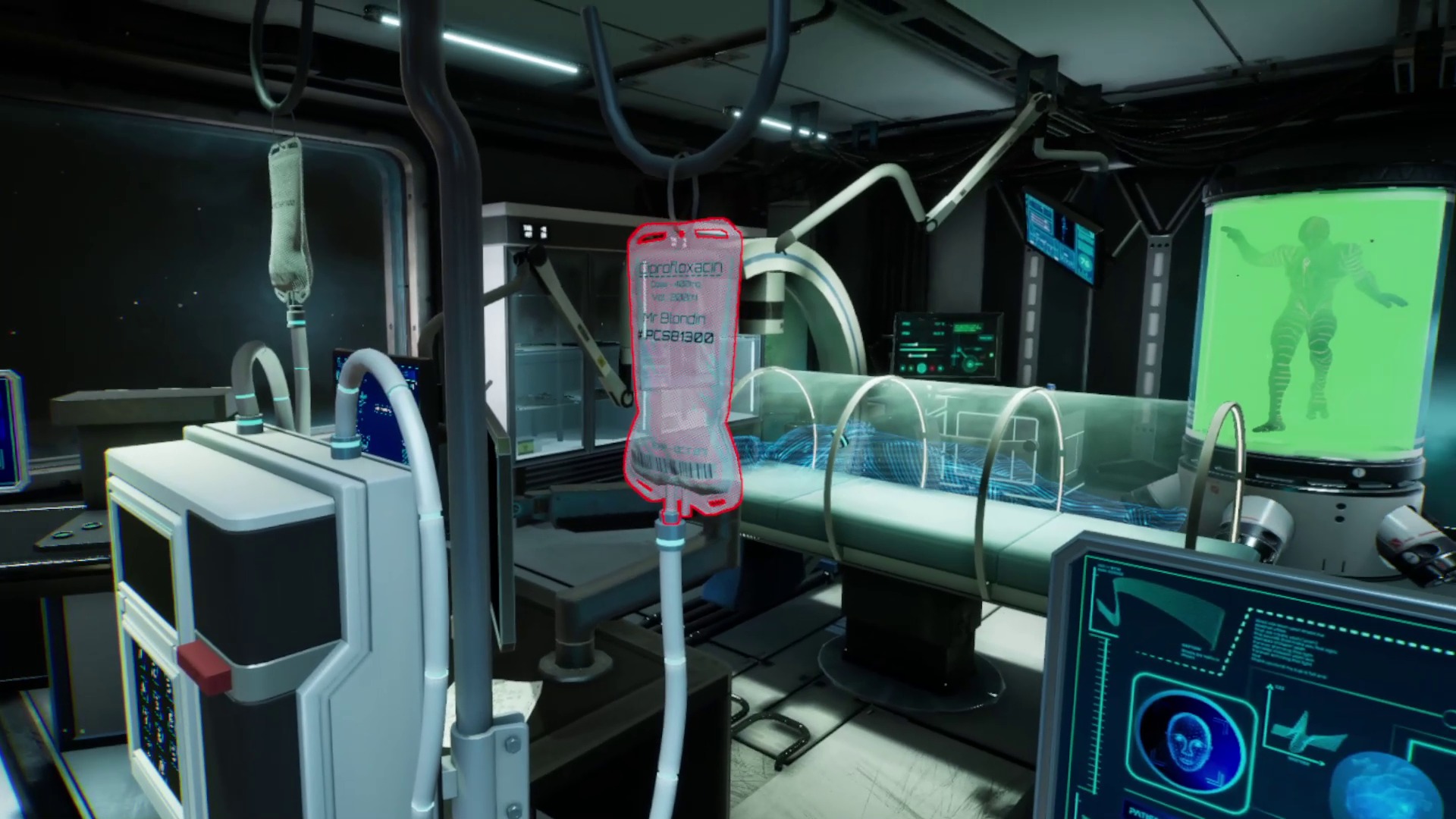
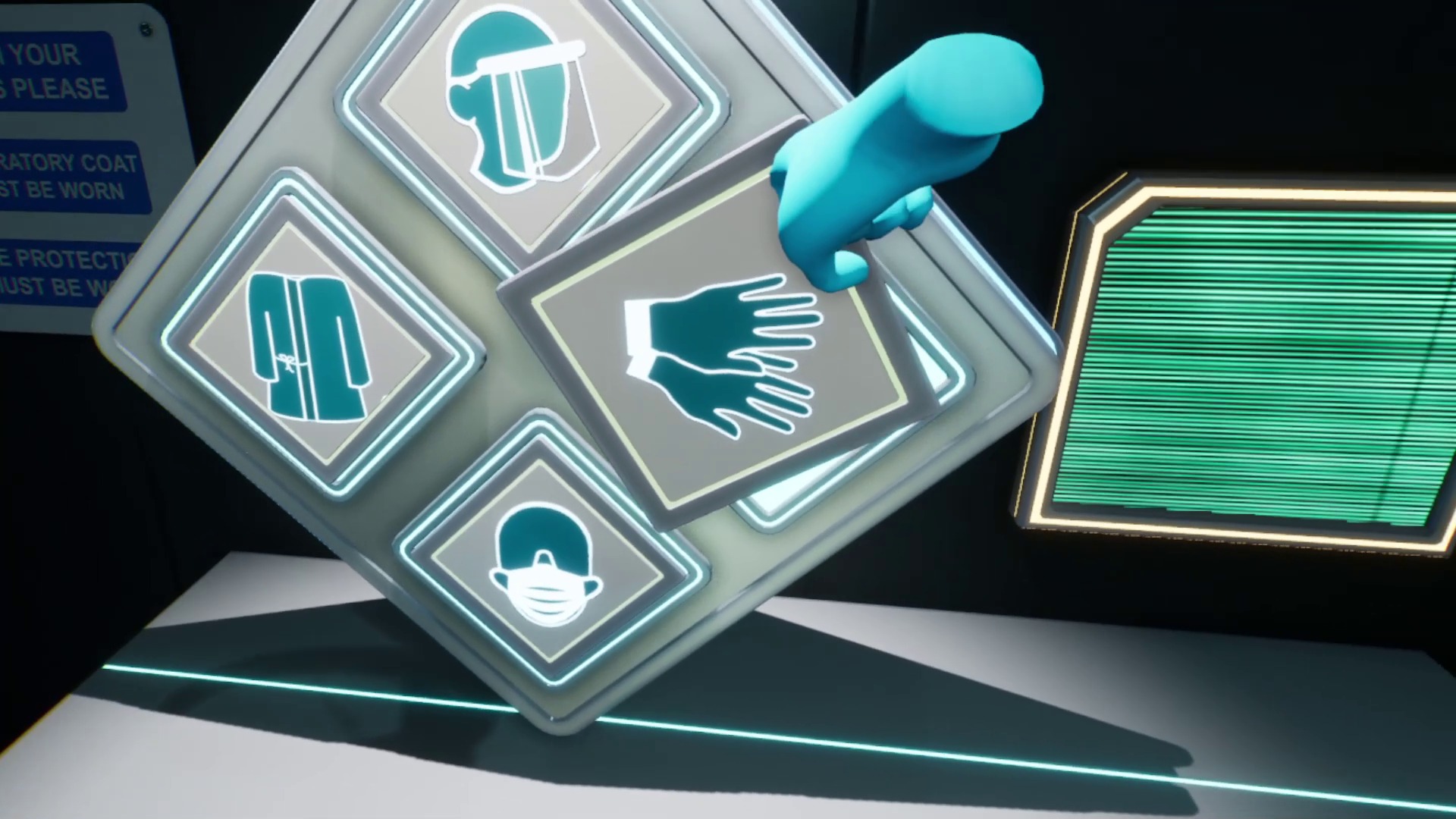
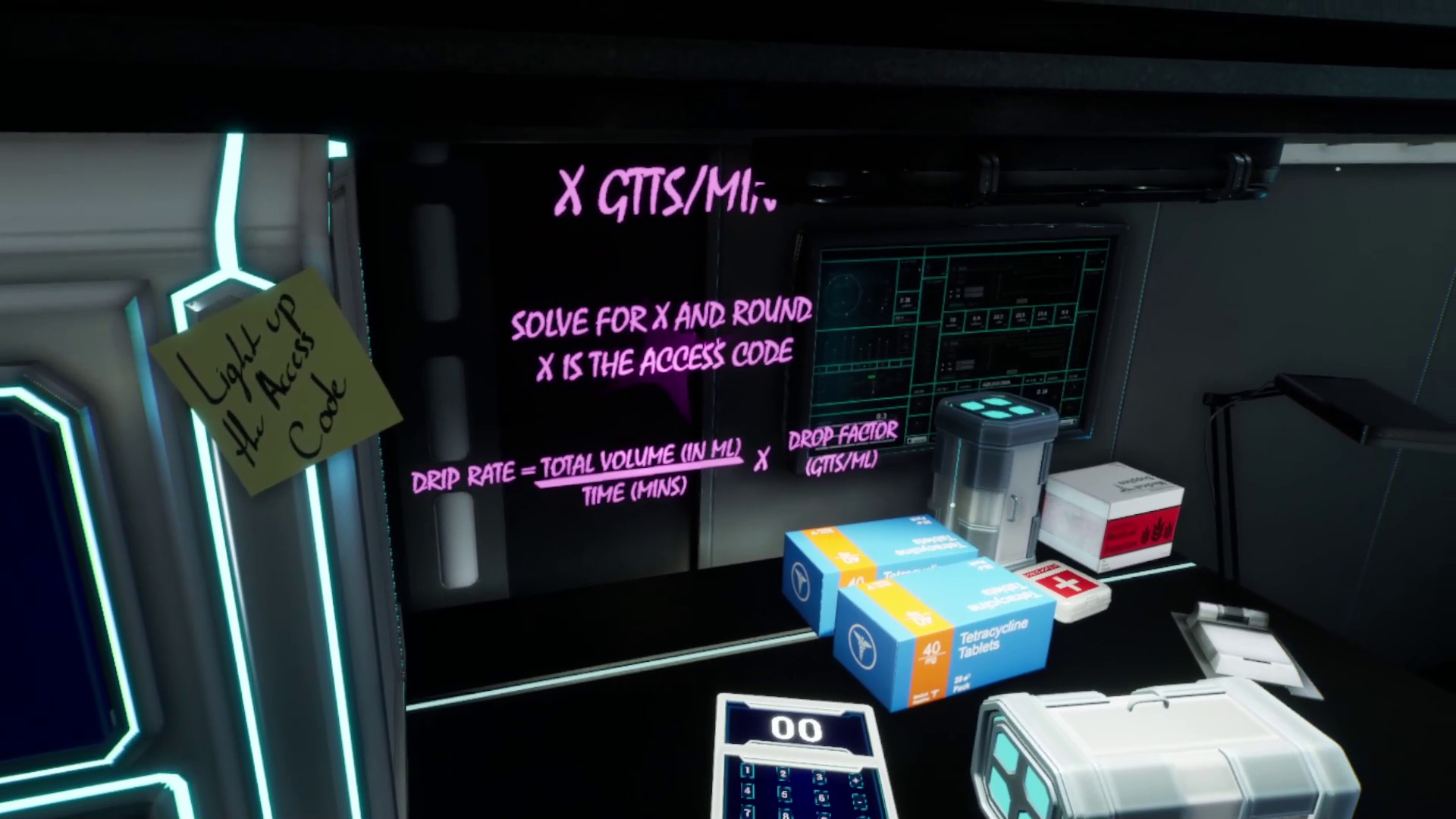

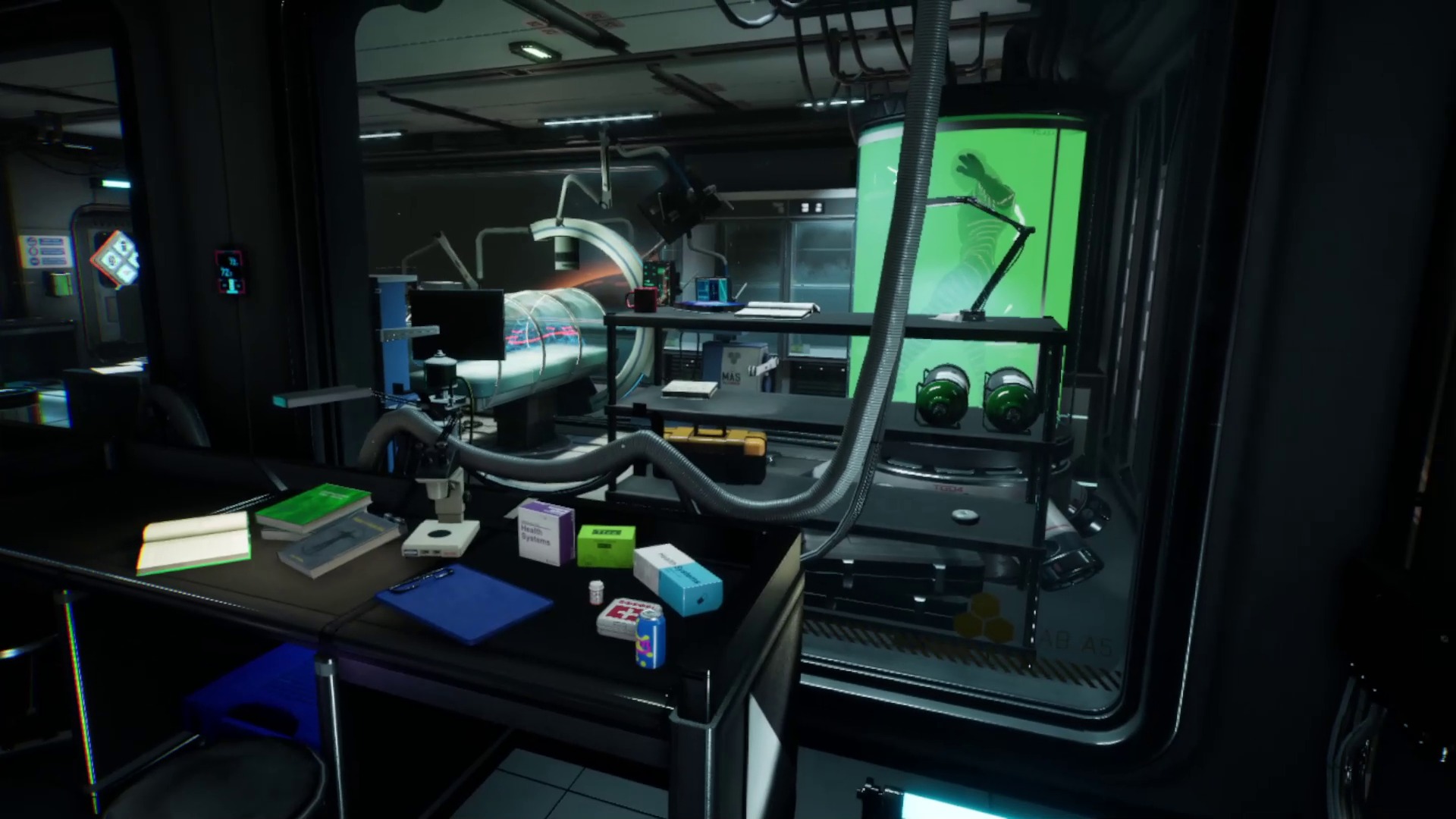
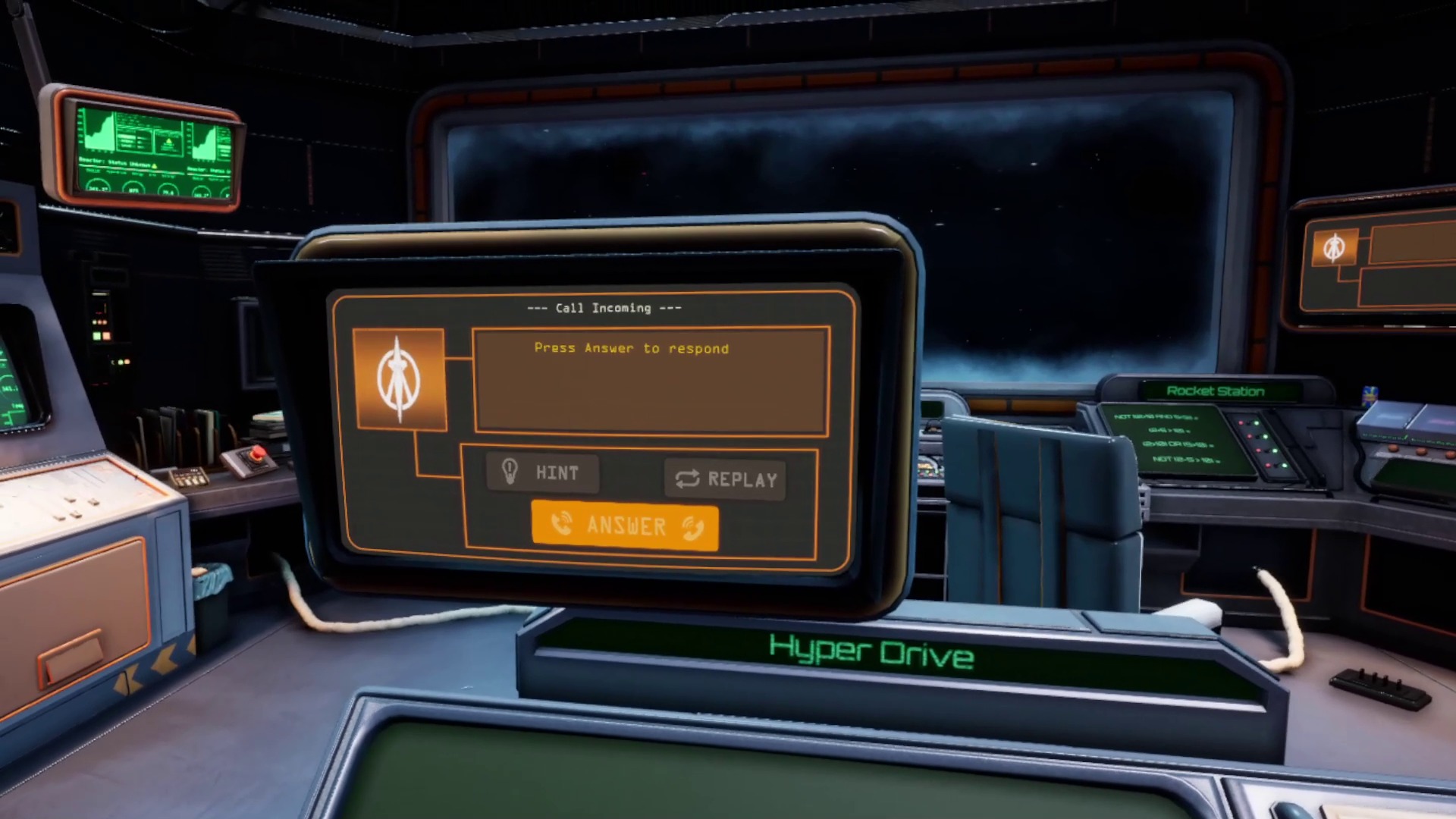
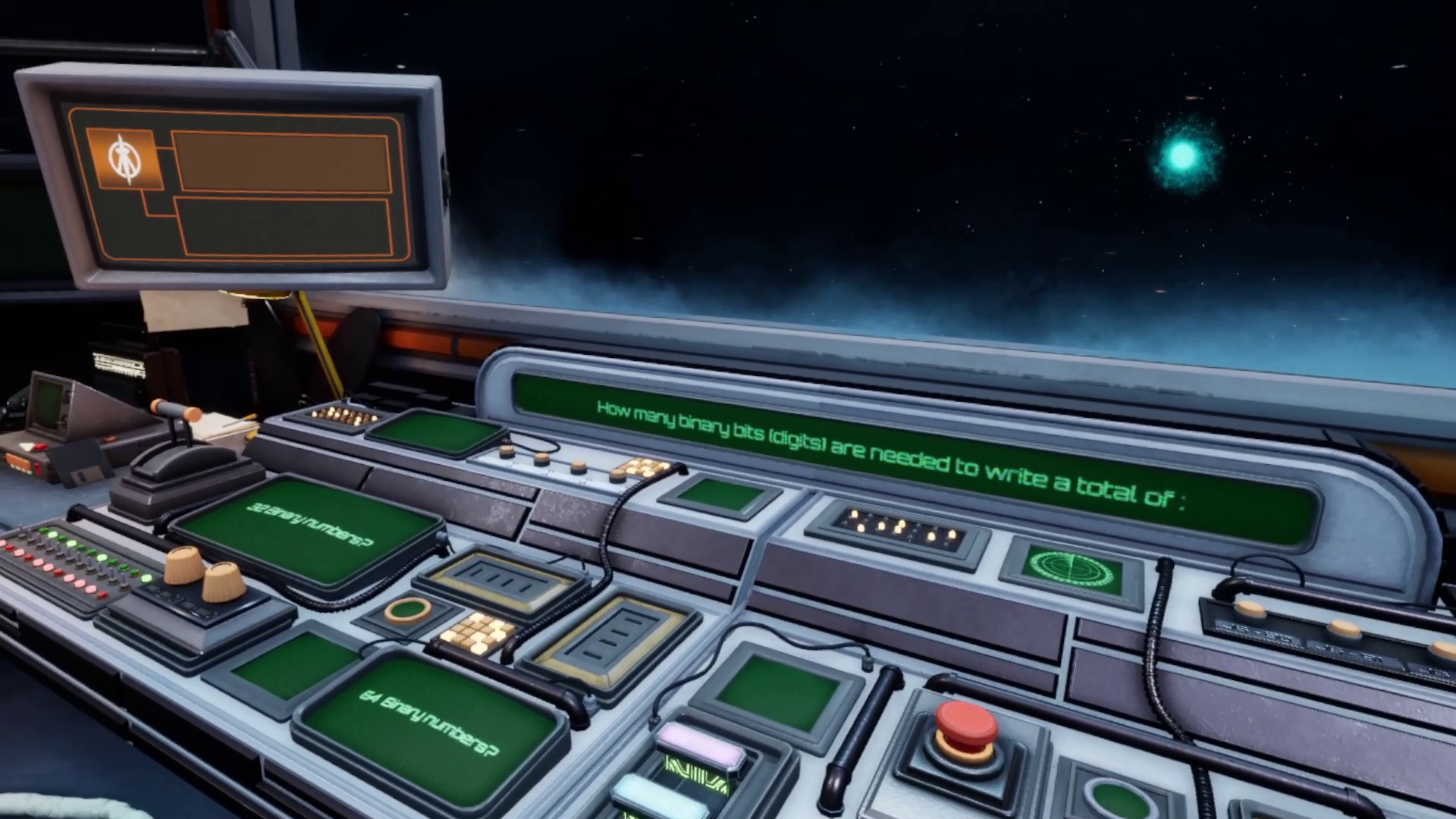
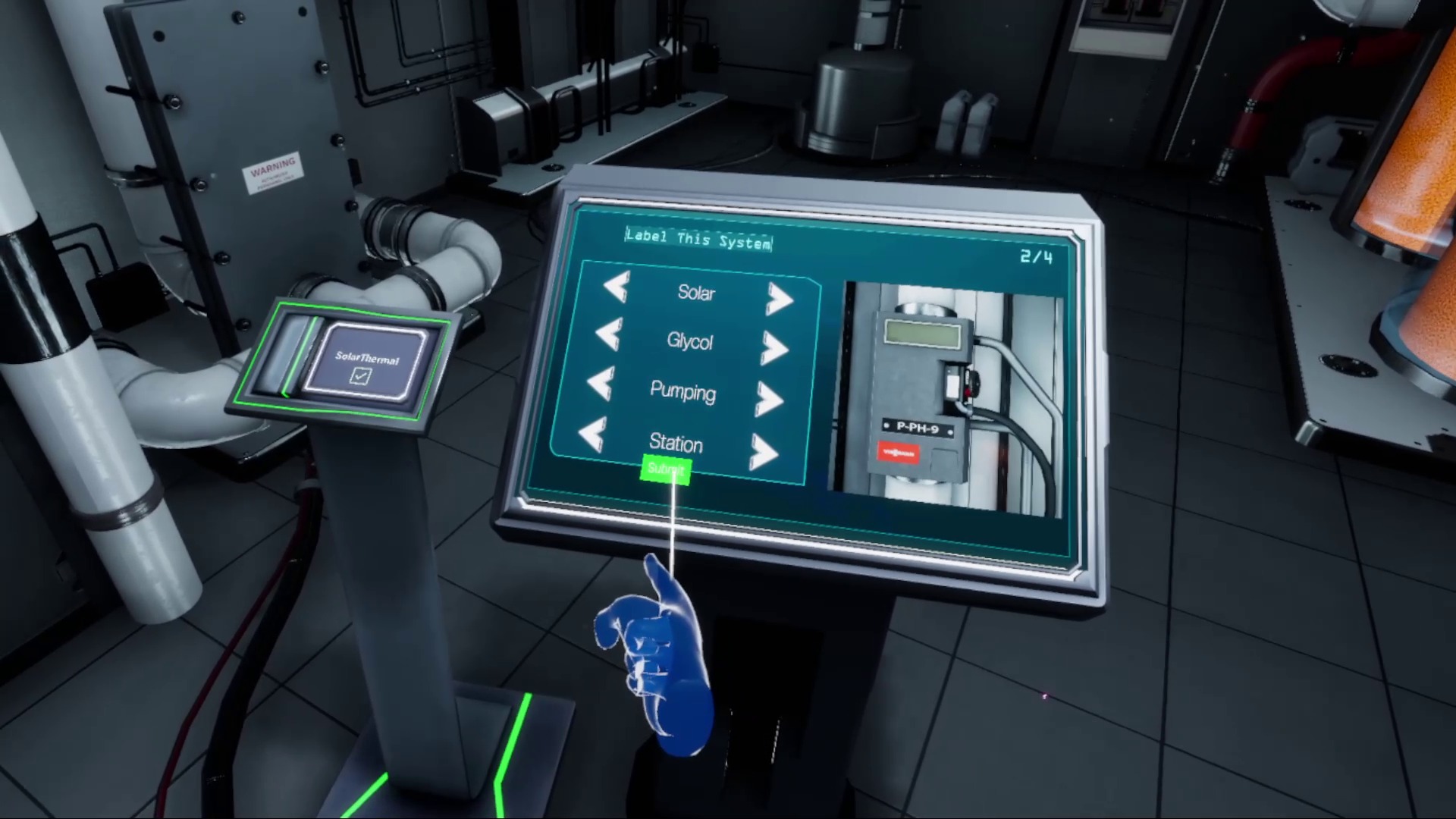
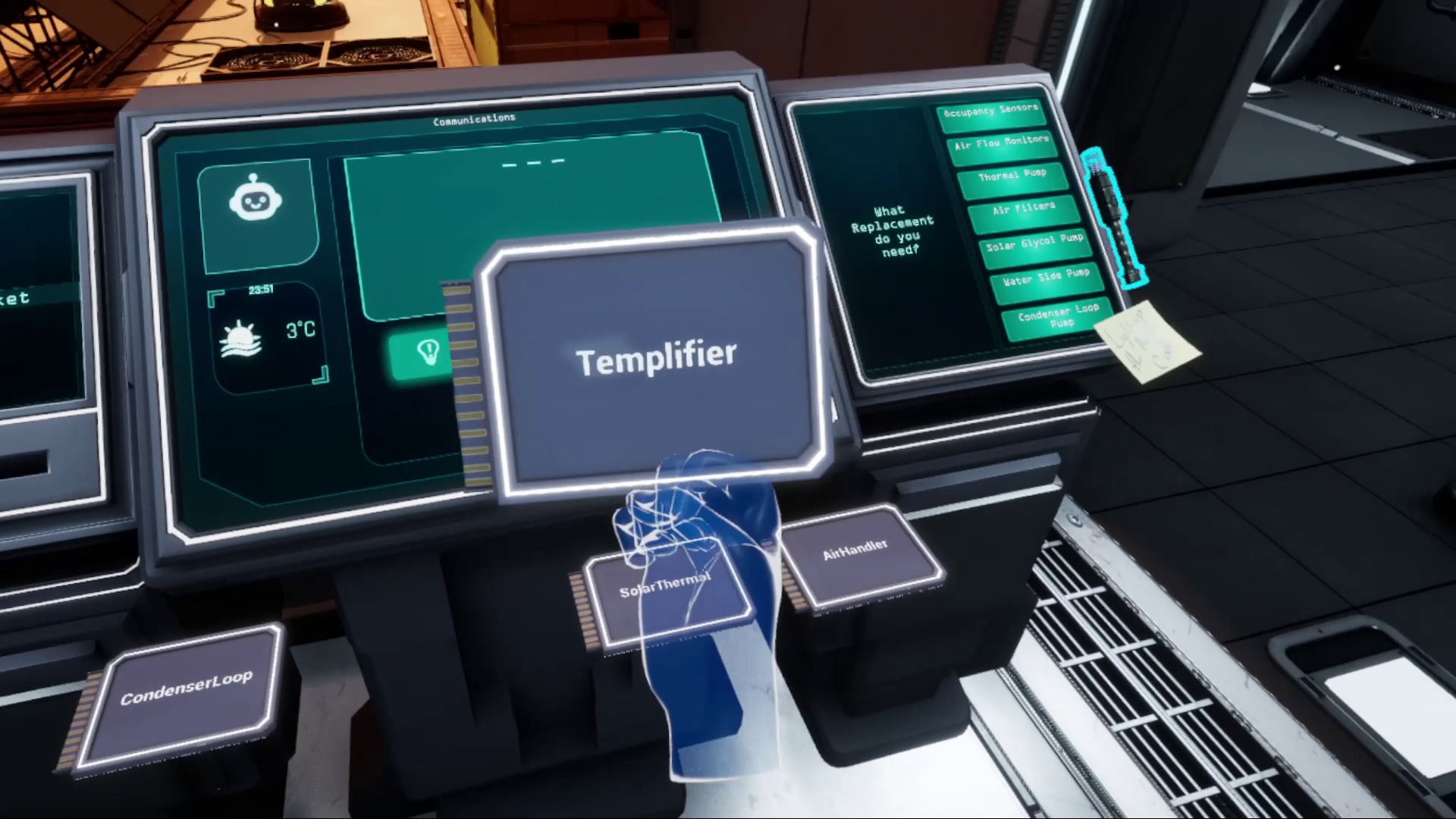
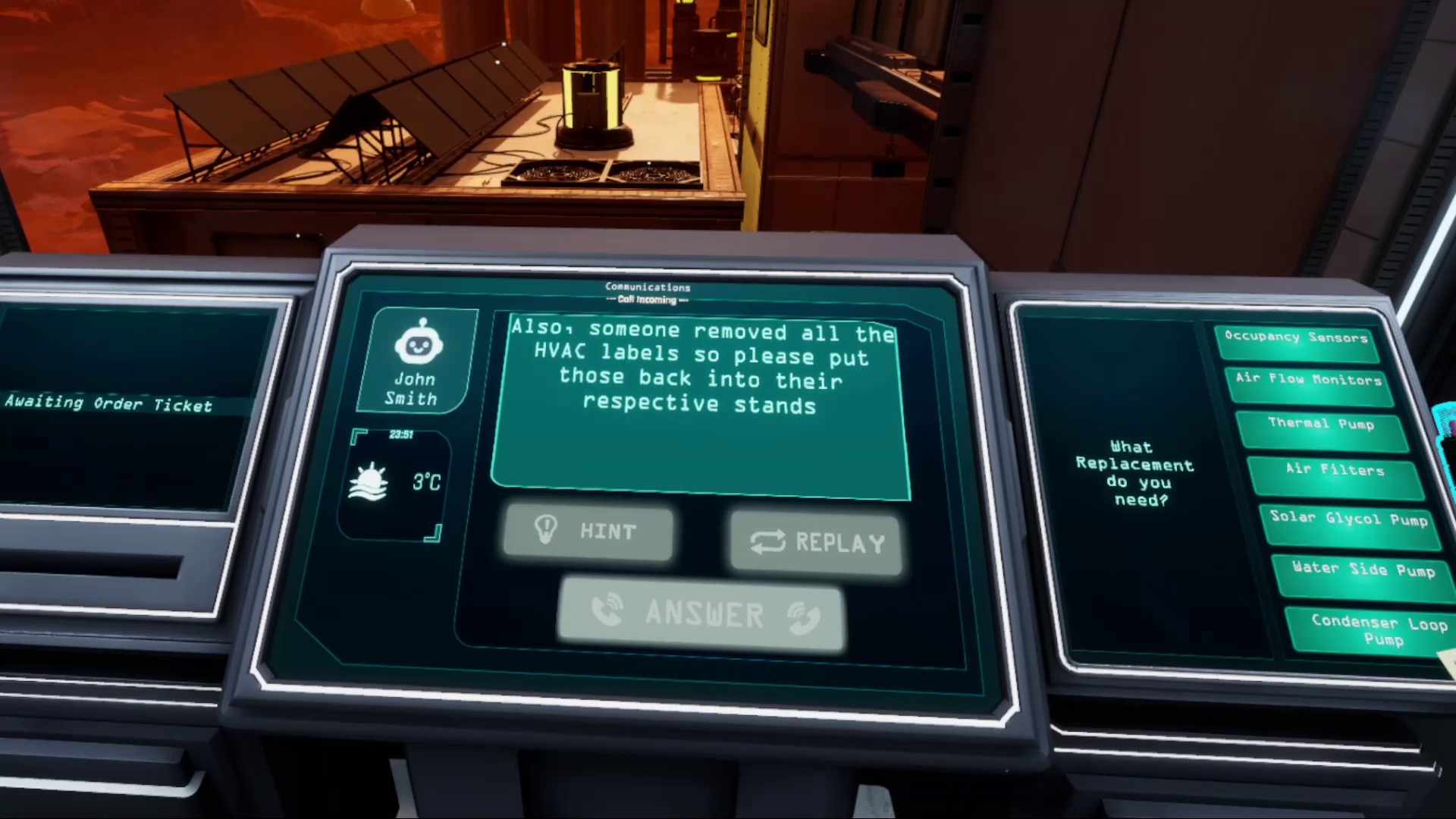
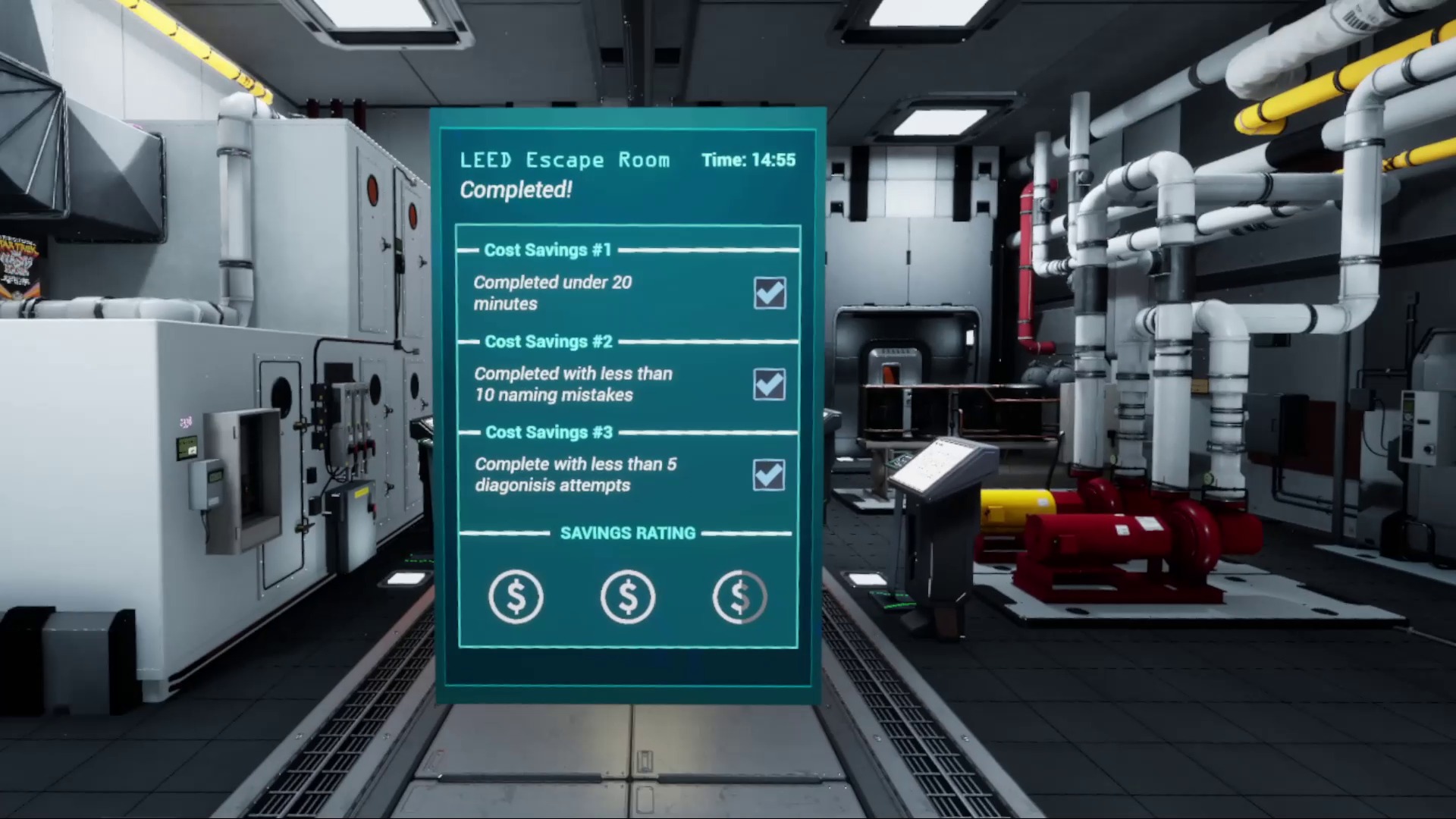
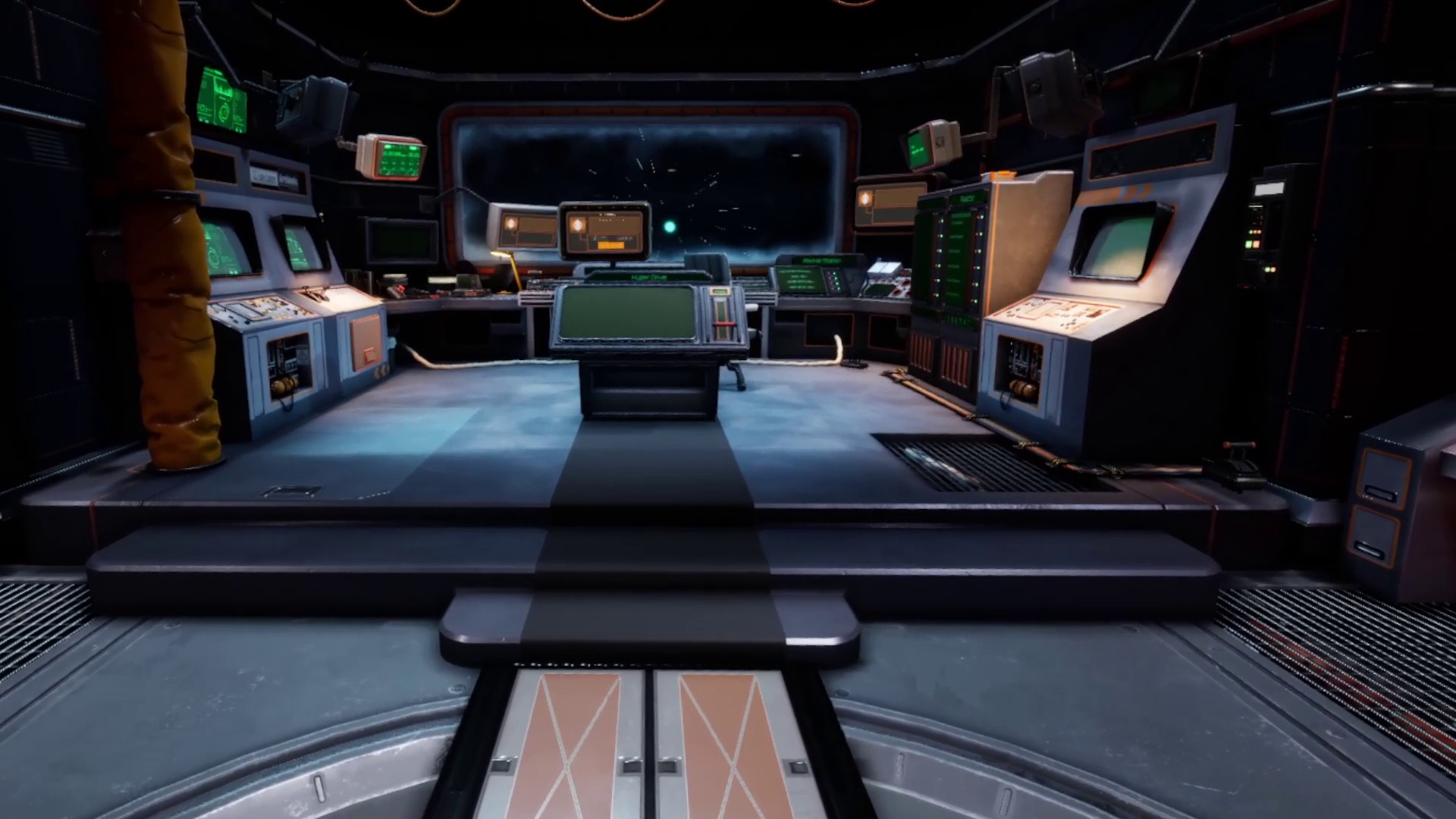
Our goal was to create virtual learning escape rooms that would enhance engagement,
knowledge retention, and skill development specifically tailored to each program's
requirements. The popularity of escape rooms in the past decade has demonstrated their
effectiveness as an innovative and engaging method of learning in various educational
and training contexts. The game design philosophy behind escape rooms revolves around
creating motivation for users to engage in specific tasks without feeling bored or
burdened. This is precisely why people can effortlessly immerse themselves in games for
extended periods, often losing track of time.
We were inspired by the 2015 Movie, the Martian. Mark Wattney, played by Matt Damon, is
a botanist stranded on Mars. With limited tools and resources, he needs to use his botany
knowledge to survive.
By combining elements of problem-solving, collaboration, and active learning, escape
rooms provide an enjoyable and effective method for learning across different subjects
and skills. They can be customized to meet specific learning objectives, making them a
versatile tool for promoting engagement, critical thinking, and the practical application of
knowledge.

Competency-based learning, also known as competency-based education (CBE), is an educational approach that focuses on the mastery of specific skills and knowledge rather than simply completing a set amount of time in a classroom or adhering to a fixed curriculum. In competency-based learning, students progress at their own pace and advance when they can demonstrate their competence in the subject matter or skills being taught. Competency-based learning theory preaches that true mastery is shown through the application of knowledge without context specific cues. This means that one’s actions are not simply automatic muscle memory and can thus be applied in unique situations without prompts. We took this concept to heart and proposed putting students in a literal Alien environment with an escape rooms style game play. In this sci-fi environment, students must put their course knowledge, critical thinking and problem solving skills to the test in order to complete their mission.
If you’ve ever been to an escape room, you know just how challenging they can be. VR escape rooms offer highly motivating gamified learning experiences, fostering learner engagement and interaction, particularly relevant in the era of online education. The summative review nature of escape rooms, where completion requires correct activity execution, provides a competitive and rewarding environment for students.
Want your own escape room? Drop us a line!Virtual Reality (VR) provides an immersive and interactive learning environment. The Escape Room format challenges students to solve problems and apply their knowledge in a fun and engaging way, making learning enjoyable and memorable.
Virtual Reality technology reduces the need for physical resources, making it more cost-effective and accessible for educational institutions. Students can access the VR Escape Room remotely, providing flexibility in their learning schedules.
Virtual Reality technology reduces the need for physical resources, making it more cost-effective and accessible for educational institutions. Students can access the VR Escape Room remotely, providing flexibility in their learning schedules.
The immersive nature of VR stimulates multiple senses, leading to better retention and recall of information. This aids long-term learning and knowledge retention.
The VR Escape Room can simulate real-life scenarios related to the specific programs, allowing students to practice and apply their theoretical knowledge in practical situations. This bridges the gap between theory and practice, preparing them for future challenges in their field.
As students interact with the VR environment, the system can provide real-time feedback on their actions and decisions. This allows for immediate assessment of their performance, identifying areas of improvement and reinforcing positive outcomes.

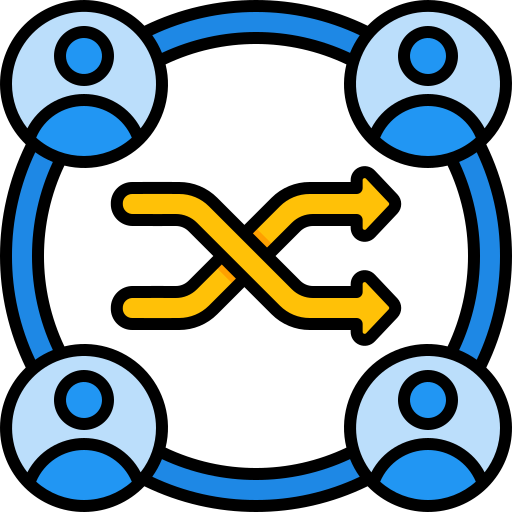



Escape EDU is the first of its kind as an escape room training tool for post-secondary programs and it's been a pretty big success in a number of ways. Since our pilot at Mohawk College, we’ve expanded to multiple other institutions and currently have more escape rooms in the works.. To date, we’ve had over 1500 playthroughs and 97% of surveyed users found Escape EDU to be a highly engaging experience. Escape EDI is also the foundation for the VR accessible media guidelines for the Accessible Media Applied Research Lab at Mohawk. Helping to not only make VR more accessible but also, making VR tools for more accessible learning.
Learn MoreComplete the form below, and a member of our team will be in touch to discuss further.
"*" indicates required fields